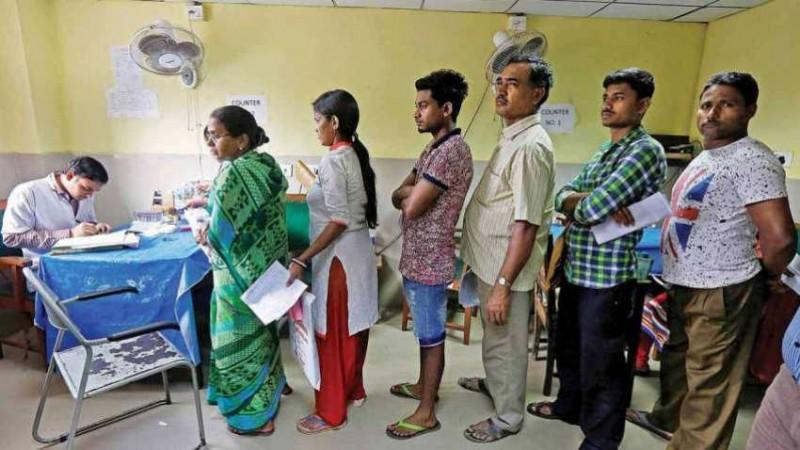Country's capital New Delhi will go for voting on 8th February. The campaign for the country's most anticipated elections of the year has reached the final stage with leaders across parties leaving no stone unturned to impress voters. Narendra Modi led Bharatiya Janta Party (BJP) has gone all guns blazing against the sitting Aam Admi Party.
BJP has accused AAP of not implementing many central schemes including Pradhan Mantri Awas Yojana and Modi's pet Ayushman Bharat scheme in the national capital. The AAP government has instead introduced its own Mohalla clinics which received a warm response from the crowd.

Ayushman Bharat better than Mohalla clinics?
National Daily, Hindustan Times quoted Delhi BJP chief saying, "They are trying to divert people's attention from the issue by saying that we don't have any real issues. Development is our main agenda in this election. We are talking about Ayushman Bharat for free medical care and PM Awas Yojana to provide housing to people. But they [opponents] are stalling these citizen-centric welfare schemes as they fear the credit will go to Modi Ji. Non-implementation of these two schemes will be the main reason for the Aam Aadmi Party's (AAP) defeat in Delhi."
Now the question arises, Has Modi governments' Ayushman Bharat scheme done better than Kejriwal's Mohalla clinics. The answer is No.
Finance Minister Nirmala Sitharaman in her budget speech significantly slashed the budget allocation for officially known as Pradhan Mantri Jan Aarogya Yojana (PMJAY) from Rs 6,400 crore to Rs 3,314 crore in the ongoing 2019-20 fiscal.
However, the allocation for the scheme has remained Rs 6,400 crore for FY21. As per a report in the Print, Delhi-based think tank Centre for Policy Research (CPR) has attributed the reasons for the budget cut to the under-utilisation of funds, along with the slow release and delay in patients' validation.

Further, the low availability of impaneled hospitals has seen as a major hurdle towards the fund's disbursement. The CPR research further revealed that until November 2019, only 16 percent of the total funds allocated for the scheme has been disbursed. The research also highlighted that "in Gujarat, Tamil Nadu, Andhra Pradesh, and Rajasthan, the percentage of claims out of total claims exceeded the percentage of releases out of total releases. The opposite was true for Maharashtra, Madhya Pradesh, and Assam".

















